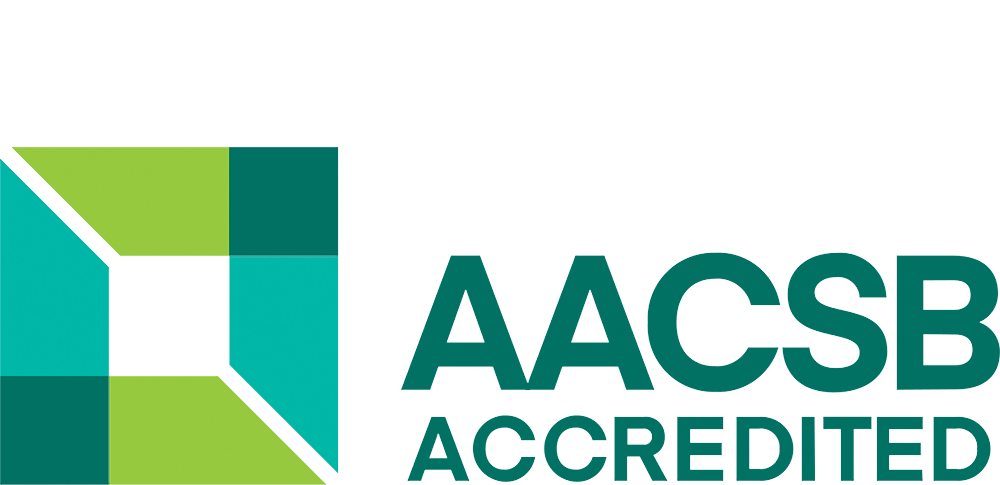Many people want to embark on a professional project that is becoming more and more widespread: opening a business. The number of businesses started increases every year. In 2020, the number of business start-ups increased by 4% compared to 2019. Not all people opening a business are necessarily trained. Is this a mistake? Why take entrepreneurial training before opening your business? What entrepreneurial training should you choose? We take a look at these questions for you.
What is entrepreneurship?
Entrepreneurship is the action of carrying out a business project, of undertaking. To become an entrepreneur is to create an activity with the objective of generating income. You can also take over an existing business to make it prosper. Anyone can become an entrepreneur, because the steps to take are relatively simple, and no prerequisites are required. Certain qualities and skills are nevertheless necessary for the success of an entrepreneurial project: organisation, autonomy, rigour, the ability to evolve and to bounce back are essential.
What are the pitfalls to avoid when starting or taking over a business?
Creating a company as soon as you have the idea of a business is tempting. However, we advise you to take a few precautions before you start. Some big mistakes can indeed harm your project. Among them:
- Rushing: going too fast is a bad idea. It is important to take the time to think through your project and bring it to maturity before launching it. For this, we advise you to conduct market research and to surround yourself with experienced professionals.
- Choosing the wrong legal form: there are several legal forms of business (microenterprise, SASU, SARL...) and each of them has advantages and disadvantages. We advise you to be well-informed before making your choice.
- Surround yourself with the right people: it is important to choose your partners and associates carefully. We strongly advise you to select them for their competences, and not by affinity.
- Not drawing up a business plan: setting up a short, medium, and long term strategy is essential for each company. If you are taking over a company, study the company's liabilities at length before you start.
- Ignore the context: current events always have an impact on businesses. The current health context, for example, should be taken into account if you want to start a business. It may mean adapting your project and your strategy.
Why train an entrepreneurship?
It is essential to train in order to create or take over a business with peace of mind, all the more so when you are not experienced. Training in entrepreneurship through a short or long course is essential to ensure the feasibility of your business project and to develop it properly. Professional trainings for future entrepreneurs are real safety nets: they allow you to acquire all the necessary skills to become a good entrepreneur and avoid the pitfalls of starting a business mentioned above. They are particularly useful for perfecting certain points, choosing the right legal form, training on everything related to administration, finance, communication... It all depends on the training chosen and your objectives.
Benefits of an entrepreneurship
Studying for an entrepreneurship degree doesn't just mean will have the skills to start a business, it also means they will have transferable life skills to use in other situations. These types of transferable skills include time management, positioning, financial management and leadership skills. Students can perfect these types of skills whilst taking part in entrepreneurship training, alongside valuable business management skills.
Leaderships Skills
Leadership skills are helpful in any kind of situation, alongside conflict management, this is an invaluable talent to have. A benefit of entrepreneurship training is that anyone taking part can push their leadership style whilst finding the right balance for their type of business an their lifestyle.
Problem-solving
Problem-solving is a necessary skill for all entrepreneurs, as they are the one people will come to for help or advice within the workplace. It's important to make sure that entrepreneurs look at the bigger picture here and don't cause more issues from their fixes. Within entrepreneurship training, problem-solving is looked at closely and is an area people will need to focus throughout.
Future Proofing
A lot of students see entrepreneurship training as a way to future-proof themselves in any uncertain job markets or recessions. It's been proven the employment landscape can change rapidly with pandemics such as COVID-19. With lots of roles potentially becoming automated according to the World Economics Forum, we could see a huge drop in the employment market for graduating students. Not only will entrepreneurship training help with business related future proofing, but it also helps with networking alongside like-minded people, improving student's life skills.
Flexible working
Nowadays, with life changing since the pandemic, it's easy to see why people want flexible working and the ability to work from home. Although some places of work don't offer this type of working since the pandemic has ended, leading people to struggle with commuting and office work. According to McKinsey Business, around half of all people who wanted to work on site before the pandemic, no longer want to do so. Training for entrepreneurship means that flexible working is always an option, being your own boss means you choose your hours. Particulary for people with families and young children, or even carers, it's essentials to have your hours of working be flexible within the day and night.
What type of entrepreneurship training should I choose?
There are many diploma or certificate courses to learn the ropes of entrepreneurship. The classic student courses (BTS, bachelor, master, etc.) allow you to start your own business directly after your studies. However, these higher education programs are not always suitable for adults who are changing careers. The latter generally prefer to acquire skills quickly, by following a short or paid professional training course ( a work-study course or professionalisation contract). There are several training paths:
- MOOCs or online courses: lasting from several hours to several months, these courses allow you to learn at your own pace, working from home, independently. They are therefore perfectly adapted to people who already have a job or who do not have a lot of time to devote to their training. Be careful, not all courses are equal and the level of quality can be very different depending on the course. It is important to check the seriousness of the organisation providing the online training and to pay attention to the support offered.
- Short courses: much more complete, short courses allow you to acquire specific skills such as management of companies in difficulty, digital transformation, leadership, commercial negotiation, project management...). Supervised by professionals, experienced entrepreneurs, they promote a rapid and serene professional integration. Our training programs are designed for experienced executives as well as novices who want to promote their professional development and get started.
Now you know why entrepreneurship training is essentially these days: having solid skills and knowledge is a good way to get started. Do you want to take the plunge and start a new training program? Do not hesitate to contact us: IPAG Business School, expert in long-term and short courses, offers you many professional training courses for high school students professionals. We will be happy to assist you in your project and answer all your questions.









